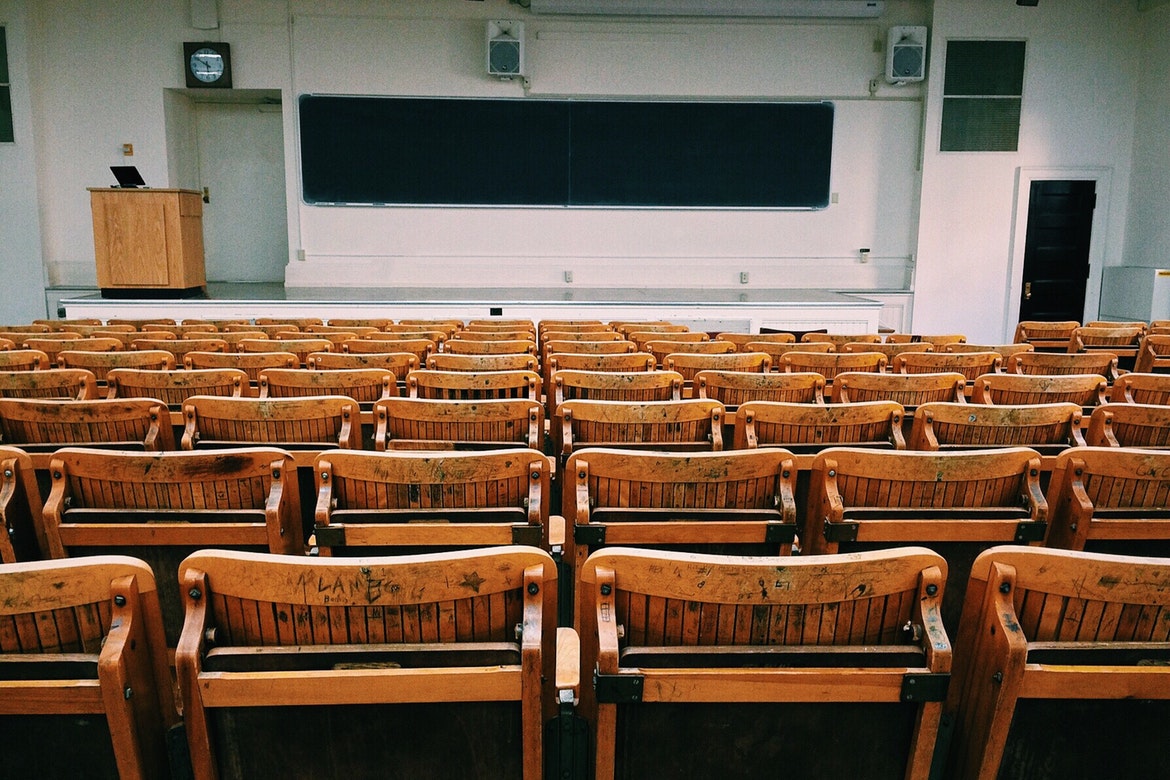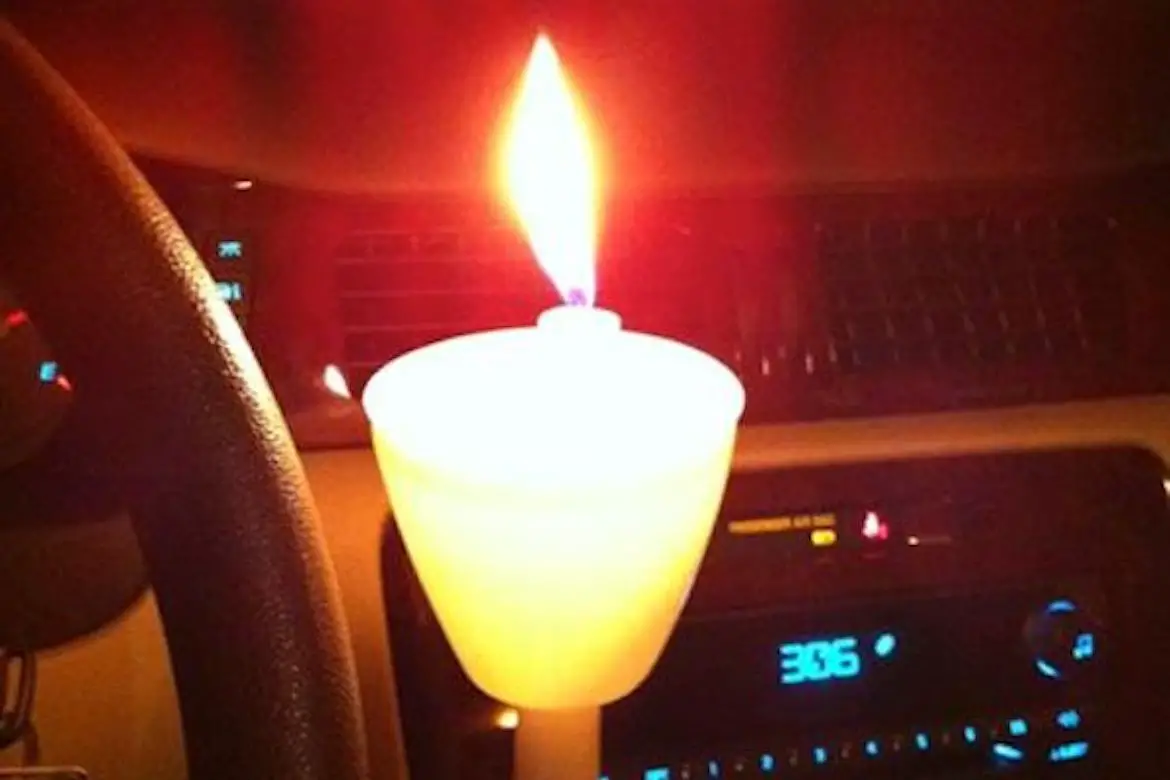Thousands of Greek students currently studying at U.S. universities could be impacted by new rules introduced by the Trump Administration that will force students whose coursework is switching to online as a result of the Coronavirus pandemic to leave the country.
According to the new rules, called “horrific” and “grotesque” by leading educators in the United States, foreign students at American universities and schools will no longer be eligible to stay in the country if their courses move fully online— a plan many universities across the country are still contemplating.
The announcement came in an official statement by the United States Immigration and Customs Enforcement.
Students holding valid visas for either academic or vocational courses that have moved fully online must either depart the country or transfer to a school with in-person teaching to “remain in lawful status,” U.S. Immigration and Customs Enforcement said in the announcement on Monday, adding that a failure to do so could result in deportation proceedings.
The tightening of visa restrictions for foreign national students comes after the Trump administration suspended a range of different guest worker visas, affecting scientists, doctors, au pairs and many seasonal workers, among others. President Trump has also suspended green cards — the pathway to legal citizenship in the United States — which offer potential immigrants permanent residency.
Colleges and universities across the country have been dealing with how to safely reopen to millions of students on campuses this fall, amid worries that moving too quickly could spark a fresh wave of infections.
Many universities have adjusted fall schedules, doing away with breaks for Thanksgiving that usually mean students travel home and adjusting semesters to accommodate less travel. Other institutions are opting for online courses.
Harvard and Princeton universities, both of which attract many students from Greece, said that they planned to reintroduce some students back to campus in the autumn, but many students would be offered online instruction.
Rutgers University in New Jersey also revealed plans to keep most courses online with exceptions made for lab work and other instruction that would “benefit from direct access to campus facilities.”
Harvard and MIT have since filed a lawsuit that seeks to prevent the Trump administration from stripping foreign students of their visas with the new rule.
Sharvari Dalal-Dheini of the American Immigration Lawyers Association said U.S. immigration authorities had made the change “without any notice” and “thrown these students’ lives into chaos and uncertainty.”
“As schools are still working out how the fall semester will unfold, this now forces individuals to leave the United States even if they are pursuing and paying for a U.S. degree,” Dalal-Dheini said in an interview with the Financial Times. “Not only does this impact the students, but it will also adversely impact universities and colleges that rely on these foreign students for innovation and financial stability.”
Ted Mitchell, the president of the American Council on Education, a membership organization of American colleges and universities, said the immigration guidance for students was “horrifying.”
“Iron-clad federal rules are not the answer at this time of great uncertainty,” Mitchell said. “Imagine a student who starts in-person classes at a college that physically reopens. If the college decides it must shift to remote instruction midway through the fall, this guidance could force the institution to tell student to leave the United States and face an impossible return to another country that has closed its borders.”
The Harvard graduate student workers union said they found the rule change “incredibly concerning” and vowed to fight any deportations.
Dr. Perry Halkitis, the Dean of Rutgers University School of Public Healthm accused the Trump administration of taking advantage of a global health crisis to advance what he called “a white nationalist and isolationist agenda” and called the move “grotesque.”
Via email, Dr. Halkitis, who is one of the nation’s foremost educators in the field of public health, shared his views on the matter.
“The COVID-19 pandemic has created enormous challenges for all aspects of our country including our educational systems. Our higher education programs are populated by many students from around the world including Greece because of their quality and the opportunities for learning that they provide — a situation of which we should be proud.”
“These students also enhance all of our institutions by infusing a global perspective and knowledge in our classrooms. This move by the Trump administration is grotesque in that it takes advantage of the public health crisis as a means of further perpetuating the xenophobia and racism embodied by Trump and his cronies.”
“This move is a blatant attempt to perpetuate the white nationalist and isolationist agenda that Trump believes will get him re-elected. In the end, this short-sighted move borne out of hate punishes these students for no fault of their own, creates burdens on budgets for schools like mine which depend on foreign students paying tuition and ultimately undermines the integrity and honor of the American higher education system. This political move by Trump flies in the face of the commitment to social justice and health equity embodied by the Rutgers School of Public Health.”
According to the Institute of International Education, nearly 1.1 million foreign students attended U.S. universities during the 2018-19 academic year, making up 5.5 per cent of the country’s higher education population.
Statistics from the U.S. Embassy in Athens website, which come from the same body’s Open Doors survey, state that more than 2,500 students from Greece were registered in U.S. universities in 2019, a number that has steadily increased since 2013.















